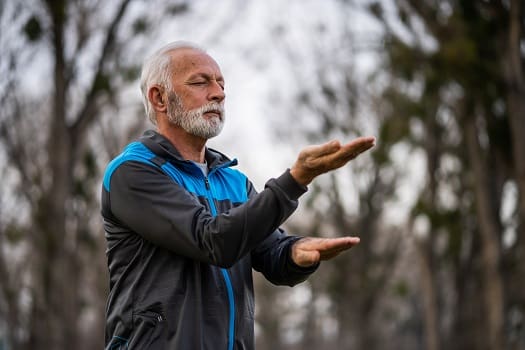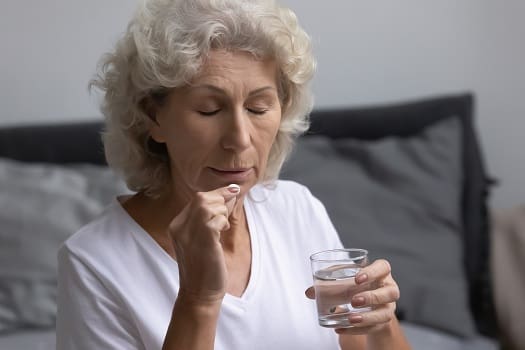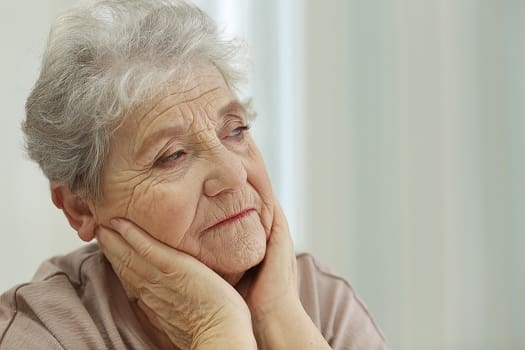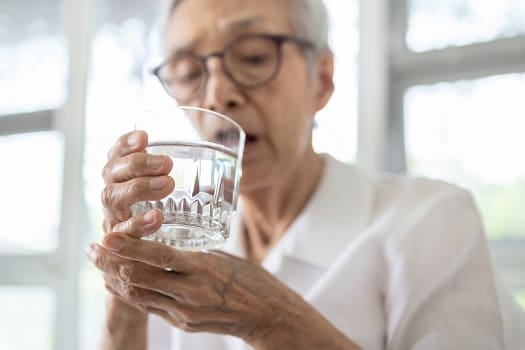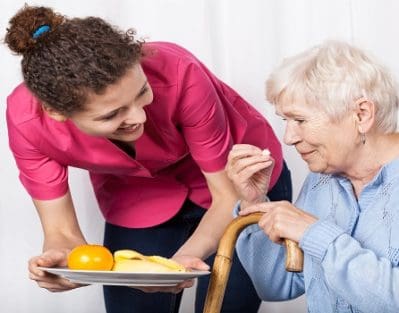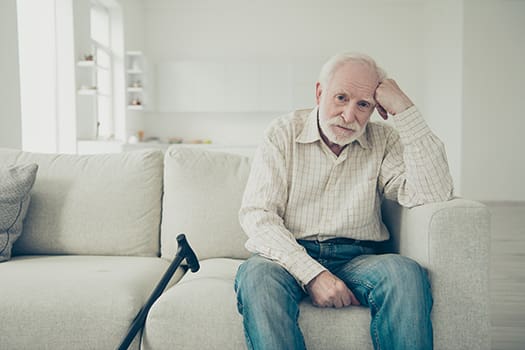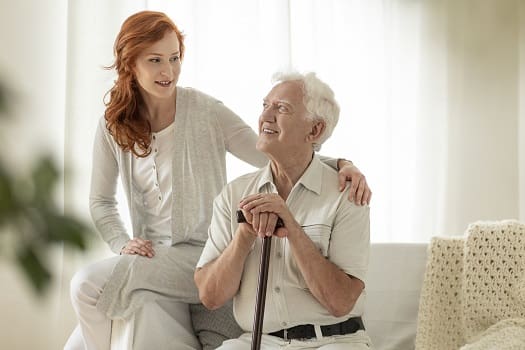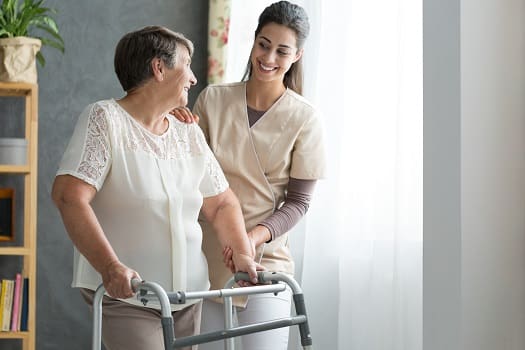Parkinson’s Care
Maintaining their balance and moving freely is difficult for seniors living with Parkinson’s, which is a neurodegenerative disorder. To increase their mobility and slow the progression of the disease, seniors should continue exercising. Below are some of the best coordination exercises for Parkinson’s and details about how each activity is beneficial for older adults with…
Read MoreOne of the most common symptoms associated with Parkinson’s is tremors, and many seniors experience the shaking sensation at some point. The issue generally impacts one side of the body. However, as the disease progresses, both sides may be affected, and the sensation can worsen. Continue reading to learn what your elderly loved one can…
Read MoreParkinson’s disease (PD) is described as a progressive nervous system disorder. According to ParkinsonsDisease.net, PD affects about 1 percent of adults 65 and older. For this reason, the biggest risk factor associated with PD is age. But what are some other causes of Parkinson’s in the elderly and common risk factors associated with this disease?…
Read MoreWhen it comes to progressive diseases such as Parkinson’s, determining an individual’s life expectancy can be quite complicated. There are many different factors to consider, and every senior reacts to treatment differently. Here’s a look at exactly what idiopathic Parkinson’s is and a few of the factors that impact how quickly this disease progresses. Facts…
Read MoreThe progression of Parkinson’s disease often involves changes in a person’s eating habits. These changes can be due to medication side effects such as nausea, or your senior loved one may begin to have difficulty with chewing and swallowing. As your loved one’s caregiver, you can use these tips to help him or her eat…
Read MoreWhen people hear the term “Parkinson’s disease,” uncontrollable shaking or tremors may come to mind. Parkinson’s disease is chronic and progressive, with symptoms that include tremors, fatigue, anxiety, and stiff muscles. Chemical imbalances in the brain, exposure to pesticides, and aging are some factors scientists think may cause Parkinson’s disease. The condition can be challenging…
Read MoreParkinson’s causes different symptoms from one person to the next. Although, the disease process is progressive, it doesn’t progress at the same rate in all seniors. Despite the variables, physicians established a guideline that stages the disease, which is known as the Hoehn and Yahr Scale and consists of five stages. Stage One During the…
Read MoreParkinson’s disease involves a slow deterioration of the neurons in the middle of the brain. The medical condition impairs communication skills, reduces the release of neurotransmitters, and affects physical movement, speech, and mood. If you want to provide high-quality care to an aging loved one with Parkinson’s, consider taking the following steps. Educate Yourself Understand…
Read More
